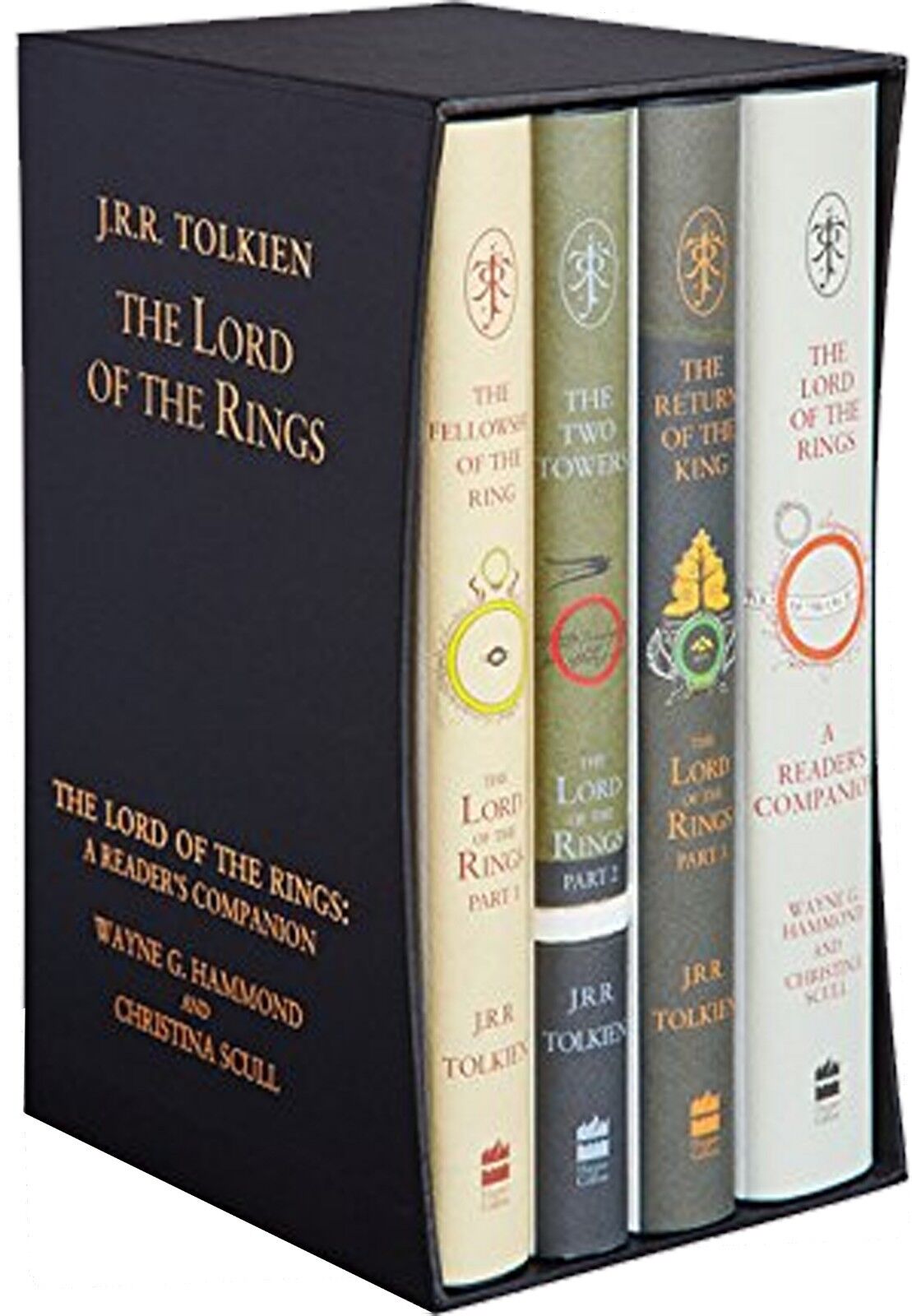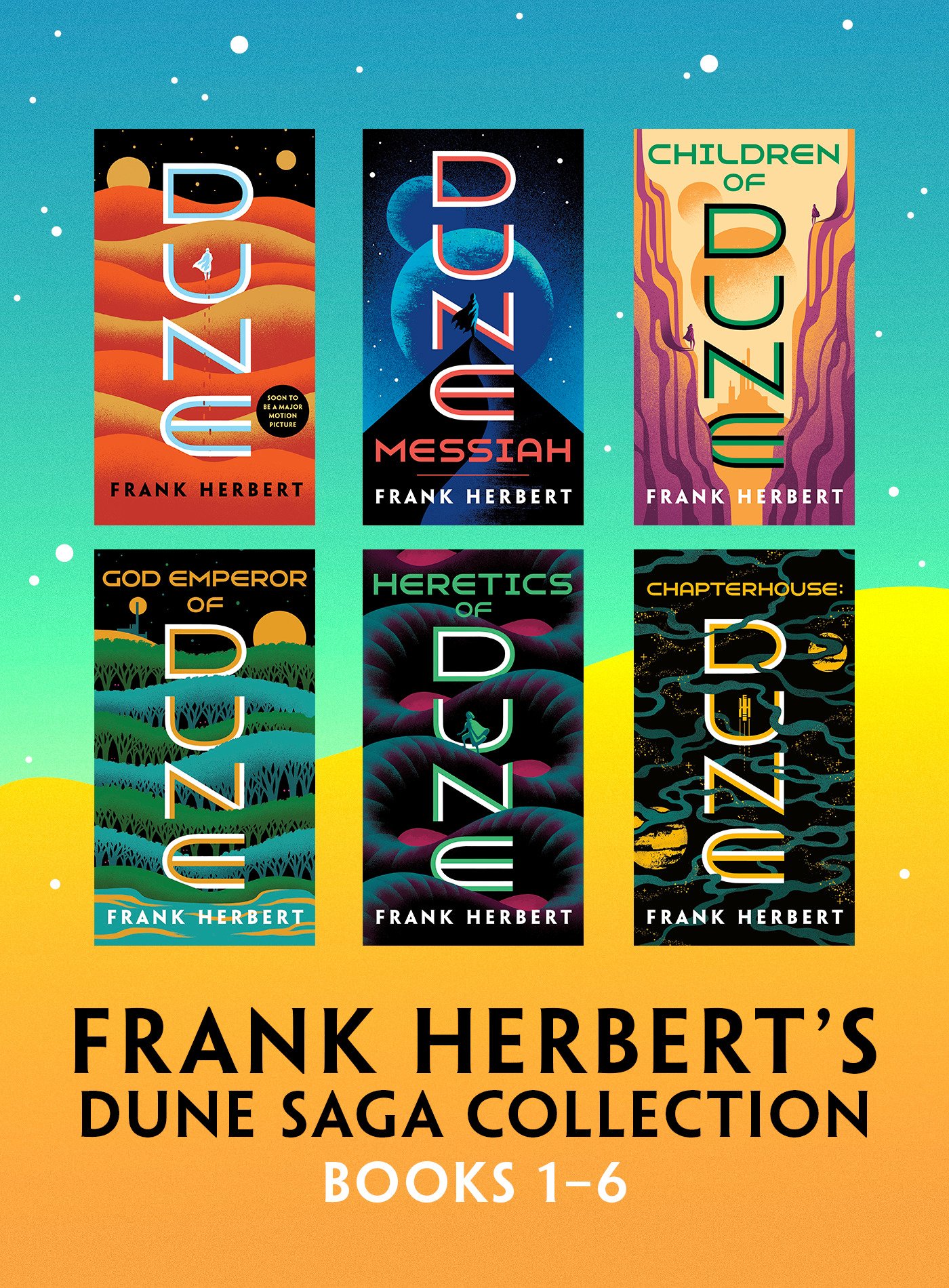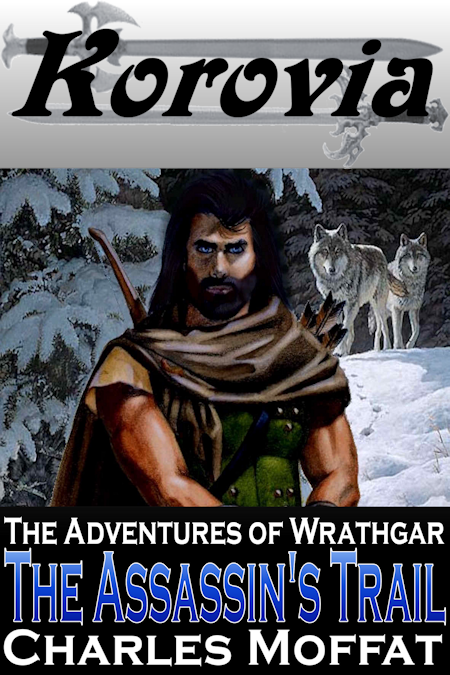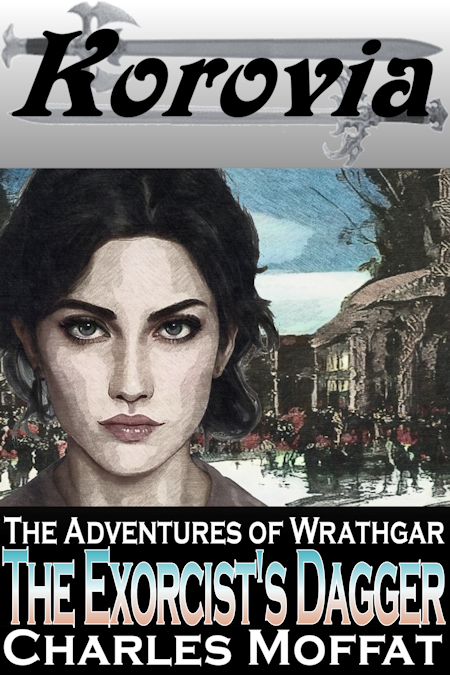|
10 Classic Fantasy Books you should Definitely Read

By Chaz G. T. Patto - June 2023.
Below is a list of some of the best fantasy books ever written, along with a brief summary of why each book is important in the genre. These books have left a profound impact on the fantasy genre, enchanting readers with their immersive worlds, memorable characters, and thought-provoking themes. They continue to inspire generations of fantasy authors and readers alike.
"The Lord of the Rings" by J.R.R. Tolkien: This epic trilogy follows the quest to destroy the One Ring and defeat the dark lord Sauron. Known for its intricate world-building, rich mythology, and timeless themes of heroism, friendship, and the struggle between good and evil, it has had an enduring influence on the fantasy genre.
"A Song of Ice and Fire" by George R.R. Martin: This series, popularized by the TV show "Game of Thrones," presents a complex and morally gray world where noble houses vie for power in a game of politics, war, and supernatural threats. Martin's gritty realism, intricate plotlines, and realistic characters have redefined modern epic fantasy.
"Harry Potter" series by J.K. Rowling: Rowling's beloved series follows the journey of Harry Potter, a young wizard, as he attends Hogwarts School of Witchcraft and Wizardry and confronts the dark wizard Voldemort. The series captivated readers with its magical world, themes of love, friendship, and the battle between good and evil, becoming a cultural phenomenon.
"The Chronicles of Narnia" by C.S. Lewis: Set in the magical realm of Narnia, Lewis' series combines adventure, allegory, and Christian symbolism. It has enchanted readers of all ages, exploring themes of faith, courage, and the power of imagination.
"The Earthsea Cycle" by Ursula K. Le Guin: Le Guin's series takes place in the archipelago of Earthsea and follows the wizard Ged on his coming-of-age journey. It delves into themes of balance, identity, and the consequences of magic, offering a nuanced exploration of moral and philosophical concepts.
"The Hobbit" by J.R.R. Tolkien: Serving as a prelude to "The Lord of the Rings," this novel follows Bilbo Baggins, a hobbit, on a quest with a group of dwarves to reclaim their homeland from the dragon Smaug. It combines adventure, whimsy, and a touch of darkness, showcasing Tolkien's storytelling prowess.
"His Dark Materials" by Philip Pullman: Pullman's trilogy explores a parallel world where humans have animal companions called daemons and centers around the young girl Lyra Belacqua's journey to uncover the secrets of her world. The series tackles themes of free will, religion, and the power of storytelling.
"The Wheel of Time" by Robert Jordan: This expansive series spans 14 books and follows a vast cast of characters in a complex world on the brink of an apocalyptic conflict. Known for its intricate plot, detailed magic system, and memorable characters, it remains a cornerstone of high fantasy.
"The Name of the Wind" by Patrick Rothfuss: The first book in the "Kingkiller Chronicle" series, it recounts the story of Kvothe, a legendary musician and magician. Rothfuss' lyrical prose, meticulous world-building, and complex character development have garnered critical acclaim.
"The Once and Future King" by T.H. White: This retelling of the Arthurian legend chronicles the rise and fall of King Arthur and his knights. White's novel presents a blend of fantasy, history, and moral reflection, exploring themes of chivalry, power, and the human condition.
Introducing "The Assassin's Trail" by Charles Moffat
Embark on an exhilarating journey of adventure with "The Assassin's Trail" by acclaimed author Charles Moffat. Get ready to lose yourself in a thrilling coming-of-age narrative that will keep you on the edge of your seat until the very last page.
In this gripping tale, follow the footsteps of Wrathgar, a young barbarian tasked with hunting down and killing a murderer. Charles Moffat weaves a masterful plot, skillfully blending heart-pounding action, unexpected twists, and a touch of elusive romance. Immerse yourself in vividly depicted landscapes, from remote snowy mountains to the dirty streets of Kazark, as Wrathgar seeks out his foe.
Whether you're a fan of coming-of-age stories, action-packed heroic fantasy adventures, or simply enjoy a meticulously crafted story, "The Assassin's Trail" promises to captivate and enthrall you. Prepare to lose yourself in the kingdom of Korovia where fantasy and danger lurks around every corner.
Don't miss out on this heroic fantasy novel. Order your copy of "The Assassin's Trail" today and experience the gripping tale that will leave you breathless and longing for more.
Check out Moffat's other books in "The Advertures of Wrathgar" series:
The Assassin's Trail
The Blizzard's Daughter
The Coven's Wolves
The Demon's Sacrifice
The Exorcist's Dagger
|
|
|
|
|
10 Classic Science Fiction Books you should Definitely Read

By Chaz G. T. Patto - June 2023.
Below is a list of some of the best science fiction books ever written, along with a brief summary of why each book is important in the genre. These books have left an indelible mark on the science fiction genre, pushing boundaries, inspiring readers, and exploring a range of thought-provoking themes and imaginative concepts that continue to shape the genre to this day.
"Dune" by Frank Herbert: Set in a distant future, "Dune" explores a complex universe of political intrigue, ecology, and the mystical spice known as melange. With its rich world-building, intricate plot, and philosophical themes, it is considered a science fiction masterpiece.
"1984" by George Orwell: Orwell's dystopian novel depicts a totalitarian society ruled by Big Brother, where surveillance and thought control are omnipresent. It serves as a cautionary tale about the dangers of totalitarianism and the erosion of individual freedoms.
"Neuromancer" by William Gibson: Considered a seminal work in the cyberpunk subgenre, "Neuromancer" introduces readers to a future where virtual reality, artificial intelligence, and a criminal underworld collide. It popularized concepts such as cyberspace and influenced the depiction of technology in literature.
"Foundation" by Isaac Asimov: The first book in Asimov's Foundation series, it explores the collapse and rebuilding of a galactic empire through the science of psychohistory. It presents a grand vision of a future civilization and delves into themes of history, politics, and social systems.
"Brave New World" by Aldous Huxley: Huxley's novel envisions a future society where humans are genetically engineered, social classes are rigidly defined, and happiness is maintained through mind-altering substances. It critiques the dehumanizing effects of technology and explores the price of a utopia.
"The Left Hand of Darkness" by Ursula K. Le Guin: Set on a planet called Gethen, where individuals are neither male nor female, this novel explores themes of gender, identity, and cultural diversity. Le Guin's work challenged conventional notions of gender in science fiction and remains influential.
"Ender's Game" by Orson Scott Card: This novel follows the journey of Andrew "Ender" Wiggin, a child prodigy trained to become a military genius in a battle against an alien race. It combines thrilling action with thought-provoking themes of morality, empathy, and the consequences of war.
"Snow Crash" by Neal Stephenson: A cyberpunk classic, "Snow Crash" presents a future where the virtual world and reality intertwine, exploring themes of linguistics, information control, and societal fragmentation. It is known for its fast-paced narrative and satirical commentary on contemporary culture.
"Hyperion" by Dan Simmons: Set in a far-future universe, "Hyperion" weaves together the stories of seven pilgrims on a dangerous journey to the mysterious Time Tombs. With its complex narrative structure, literary allusions, and exploration of themes like time and consciousness, it has become a science fiction favorite.
"The War of the Worlds" by H.G. Wells: A groundbreaking work of science fiction, Wells' novel recounts a Martian invasion of Earth. It is notable for its vivid descriptions of alien technology, societal panic, and its reflection on humanity's place in the universe.
Indie Fantasy Books
For indie authors, finding a way into traditional bookstores can feel nearly impossible. Limited shelf space, high competition, and the dominance of big publishers make it tough to get noticed. That is why platforms like Arcane Tomes / arcanetomes.org are such a game-changer. Dedicated solely to indie fantasy books, this online bookstore offers a space for authors to showcase their works and reach dedicated fantasy readers eager for fresh, independent voices.
Website Design + SEO by designSEO.ca ~ Owned + Edited by Suzanne MacNevin
|
|



